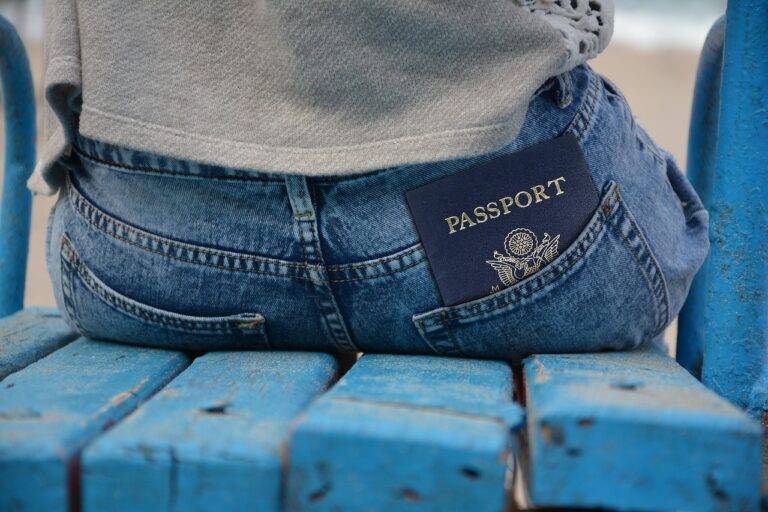Responsible Traveling with Children: Teaching Kids About Conservation and Cultural Respect
Teaching children about conservation is crucial in shaping the future of our planet. Instilling a sense of responsibility and care for the environment from a young age can help create a generation of environmentally conscious individuals. By educating kids about the importance of preserving nature and wildlife, we are empowering them to become stewards of the Earth.
Encouraging children to participate in activities that promote conservation not only teaches them practical ways to protect the environment but also fosters a deeper connection to the natural world. Whether it’s through recycling programs, community clean-up initiatives, or wildlife preservation projects, involving kids in conservation efforts allows them to see firsthand the impact of their actions on the planet. By showing children that their choices matter, we can inspire them to make eco-friendly decisions that benefit the environment for years to come.
Heading 2: Ways to Educate Kids About Environmental Protection
Environmental protection is a crucial aspect of ensuring a sustainable future for our planet. Educating children about the importance of preserving our environment can instill in them a sense of responsibility and stewardship towards nature. One effective way to engage kids in environmental protection is through hands-on activities, such as gardening, recycling projects, or nature walks. By allowing children to actively participate in these activities, they can develop a deeper connection with the natural world and understand the impact of their actions on the environment.
In addition to practical activities, incorporating environmental education into school curricula can also help raise awareness among children. By introducing topics such as climate change, pollution, and biodiversity conservation in a comprehensive and engaging manner, educators can empower students to make informed decisions and take positive actions towards protecting the environment. Moreover, encouraging discussions and debates on environmental issues can foster critical thinking skills and encourage children to become advocates for a more sustainable future.
Heading 3: Engaging Children in Cultural Learning Activities
Understanding and appreciating different cultures is a valuable aspect of a child’s education. Engaging children in cultural learning activities can broaden their perspectives, foster empathy, and promote respect for diversity. By immersing children in various cultural traditions, languages, arts, and cuisines, they gain a deeper understanding of the world around them and learn to celebrate differences.
Cultural learning activities can include interactive experiences such as storytelling sessions, art and craft workshops, music and dance performances, and traditional games. These activities not only provide children with a fun and engaging way to learn about different cultures but also encourage them to be open-minded and curious about the world. By actively participating in these activities, children develop a sense of cultural awareness and sensitivity that can shape their attitudes and behaviors towards others.
How can cultural learning activities benefit children?
Cultural learning activities can help children develop an appreciation for diversity, improve their social skills, and foster empathy towards others.
What are some examples of cultural learning activities?
Some examples of cultural learning activities include storytelling from different cultures, cooking traditional dishes, learning dances or songs from different countries, and visiting cultural landmarks or museums.
How can parents and educators encourage children to participate in cultural learning activities?
Parents and educators can encourage children to participate in cultural learning activities by incorporating them into their daily routines, providing resources such as books and videos on different cultures, and leading by example through their own interest in learning about different cultures.
What are the benefits of incorporating cultural learning activities into a child’s education?
Incorporating cultural learning activities into a child’s education can help them develop a sense of identity, build respect for other cultures, and enhance their critical thinking skills by exposing them to different perspectives and ways of life.





